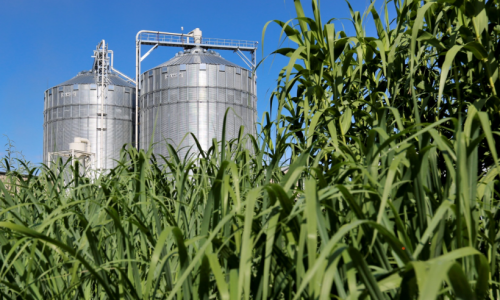Aquaculture company PT Central Proteina Prima Tbk (CP Prima) has allocated capital expenditure (Capex) of about IDR 120 billion for its new food processing plant in Kendal Industrial Zone, Central Java.
CP Prima, which was established in 1980, focuses on primary sectors such as aquaculture feed and processed food. It produces high-quality and certified raw and cooked shrimp and exports them to oversea markets, such as Japan, the United States and Europe. The company has factories in several locations such as Surabaya and Sidoarjo in East Java, Medan in North Sumatra dan Lampung province. It has about 70,000 hectares of land for aquaculture, mainly shrimp. Currently, the company employs more than 10,000 people.
Capacity increase
CP Prima opens up a 2.2 hectare plot of land for factory expansion. The factory will focus on processing frozen food under the Fiesta Seafood and Shifudo brands. The project has finished in 2022, and most of the financing was done internally to buy lands and production facilities in 2021. Around IDR 38 billion was allocated for this acquisition of land and production facilities.
“This new facility has an installed capacity of more than 1,000 tons per month, which will further strengthen the company’s position in the frozen processed food industry,” said CP Prima Vice President Director Paulius Juta.
Corporate Secretary Armand Ardika said previously that the company wanted to use the Capex for establishing a shrimp breeding facility in Bangka, Bangka Belitung Islands province, and also to construct a new factory on animal food along with its warehouse. The allocation of the finance came from internal sources. The financing also might come from investment credits from banks that are interested in the Capex program.
With the expansion of the company, CP Prima hopes to achieve the sales target in 2022 of about 5%-10% growth compared to 2021.
Frozen food industry development
However, the domestic frozen food industry has not yet developed and matched the refrigeration chain industry. Its obstacles are notably in the infrastructure sector.
Recently, the domestic refrigeration chain industry is only able to meet the storage needs of 45% of marine products, 70% chicken and poultry meat, 80% beef and 5% fruit and vegetables.
According to Hasanuddin Yasni, Executive Director of the Indonesian Cooling Chain Association, cold chain logistics will still grow significantly in the long term. He said the prospect of cold chain growth would be boosted by the high demand for frozen food.
During the COVID-19 pandemic, he said, people were used to making frozen food stored in the refrigerator as stock at home. “The cold chain industry has started again in the second semester of 2021 although it was corrected due to the high cost of shipping imports of raw materials and cooling machines, which reached three times,” he said, as quoted by Bisnis.com on July 10, 2022.









